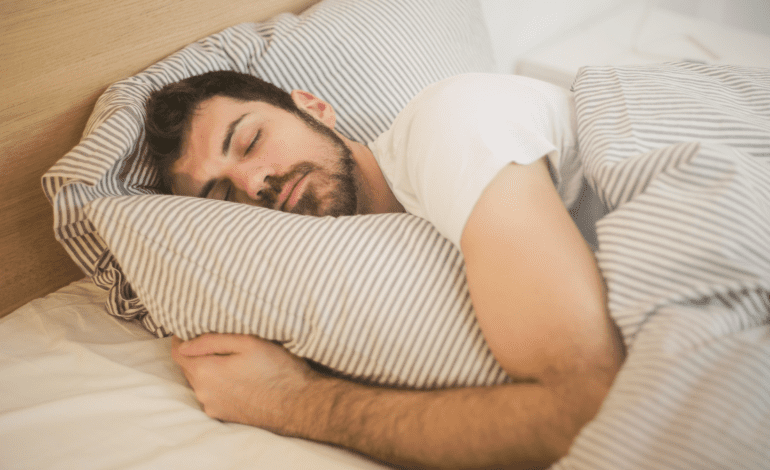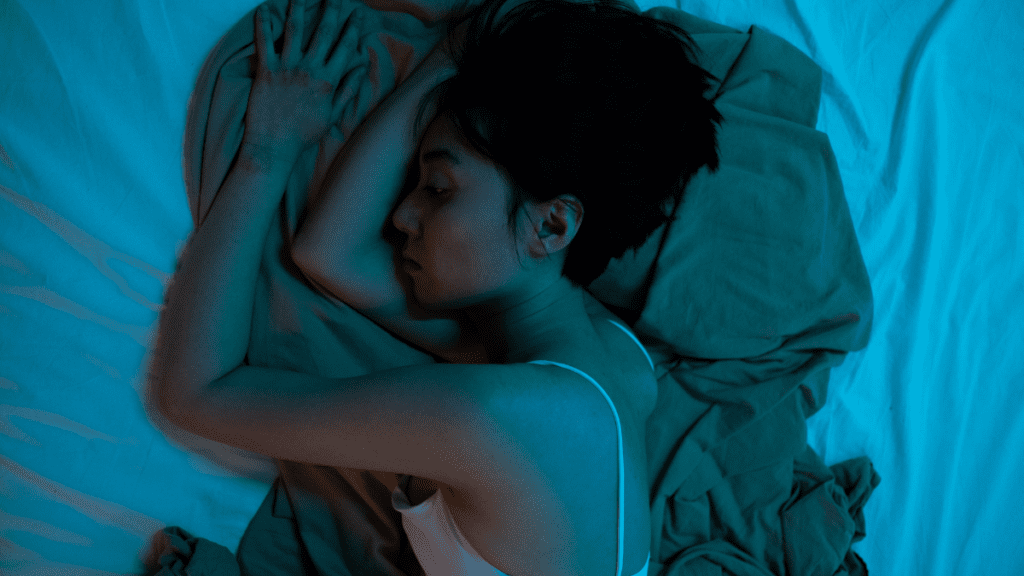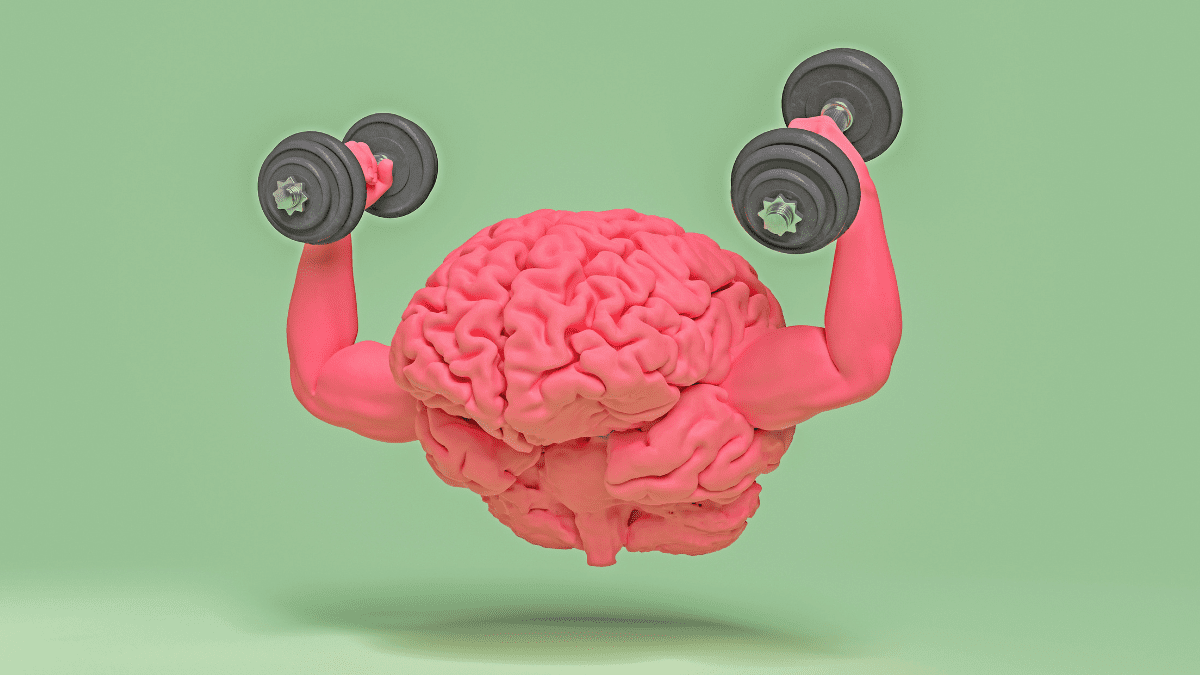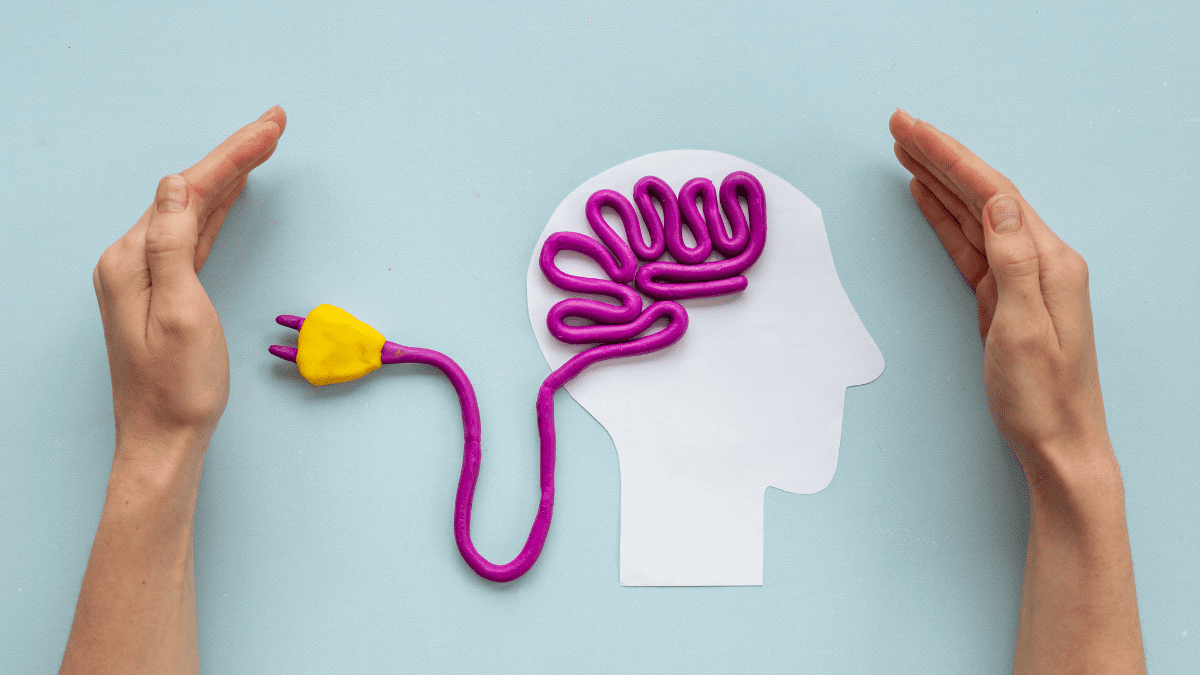Remedies for Sleep Paralysis: Simple Fixes That Work
Remedies for sleep paralysis that truly work—expose the secrets, break the fear cycle, and reclaim your nights with powerful, proven tips no one ever told you.

In This Article
- Remedies for Sleep Paralysis: Why Simple Fixes Can Save Your Sleep
- 1. What Is Sleep Paralysis And Why Does It Happen?
- 2. Natural Remedies For Sleep Paralysis That Actually Work
- 3. Remedies for Sleep Paralysis: Sleep Position, Breathing, And Body Awareness Hacks
- 4. Mental Health Support As one of the Remedies for Sleep Paralysis:
- 5. Spiritual And Energetic Perspectives On Sleep Paralysis
- Conclusion – Your Path To Peaceful Sleep
- Remedies for Sleep Paralysis — FAQ
Remedies for Sleep Paralysis: Why Simple Fixes Can Save Your Sleep
Have you ever woken up unable to move, feeling frozen in fear? If so, you’re not alone. These terrifying episodes are more common than you think. Luckily, there are effective remedies for sleep paralysis that can help you take back control.
In this post, you’ll discover powerful yet simple strategies to break the cycle. We’ll explore proven techniques, mental health insights, and calming nighttime rituals that work.
Whether you’re struggling with recurring episodes or seeking peace of mind, this guide offers everything you need to sleep without fear.
We’ll also dive into the emotional and spiritual side of sleep paralysis. Additionally, we’ll explore how your emotions, sleep posture, and even energy can play a role. And if you want to supercharge your rest, check out our guide on meditation for deep sleep—a perfect way to unlock true relaxation.
So, are you ready to take your nights back? Let’s begin.
1. What Is Sleep Paralysis And Why Does It Happen?
Understanding sleep paralysis is the first step toward breaking free from it. Although it may feel supernatural, this condition has well-documented roots in the science of sleep.
What Causes Sleep Paralysis To Happen In The First Place?
First, it helps to know what’s really going on in your brain and body. During REM sleep, your brain becomes highly active while your body remains paralyzed. This is natural. However, when your mind wakes up before your body does, you experience sleep paralysis.
To improve your understanding, recognize these common triggers:
- Irregular sleep patterns
- High stress or anxiety
- Sleep deprivation
- Sleeping on your back
- Use of certain medications or stimulants
The best way to prevent these episodes is to identify and minimize your unique triggers.
Is Sleep Paralysis Dangerous Or Just Frightening?
Often, people fear something is deeply wrong. But here’s the truth: sleep paralysis is not medically dangerous. However, it can lead to intense emotional distress.
Still, knowing it’s temporary can help reduce panic. Most episodes last less than a few minutes. While that might feel like forever, they end on their own. That’s why grounding techniques and calming rituals can make a big difference.
Mini Checklist: How to Stay Calm Mid-Episode
- Remind yourself it will pass
- Focus on slow, steady breaths
- Wiggle your toes or fingers gently
- Use a mantra like “I am safe”
Can Stress Or Trauma Trigger Sleep Paralysis Episodes?
Absolutely. In fact, emotional overload is a major factor. Trauma, anxiety, and ongoing life stress often play a powerful role in triggering episodes. That’s why addressing mental health is a key remedy for sleep paralysis.
Additionally, those with PTSD or high emotional sensitivity may be more prone to these sleep disruptions. Thankfully, with awareness and consistent self-care, your mind and body can begin to heal.
Many people have found that exploring natural remedies for sleep paralysis alongside lifestyle adjustments helps reduce both the frequency and intensity of episodes.
2. Natural Remedies For Sleep Paralysis That Actually Work
Although sleep paralysis feels terrifying, you are not powerless. In fact, there are many natural remedies for sleep paralysis that are simple, calming, and surprisingly effective. With the right nightly habits, you can reduce episodes and sleep peacefully again.
Can Mindfulness Really Stop Sleep Paralysis Episodes?
Yes, it absolutely can. In fact, mindfulness is one of the most powerful tools available. Because it helps regulate both the body and mind, it lowers the chances of sleep disruptions. As a result, you fall asleep more deeply—and stay that way.
To get started easily, try:
- A 5-minute guided meditation before bed
- Breathing deeply through the nose for 4 counts, out for 6
- Doing a slow body scan to release muscle tension
The best way to use mindfulness is consistently. Even a few minutes every night can shift how your brain responds to stress while you sleep.
Which Herbs And Teas Help You as Remedies for Sleep Paralysis?
Fortunately, nature offers gentle support. Certain herbs relax your nervous system and ease you into restful sleep. Because these are non-habit forming, they’re safe for daily use.
To improve your sleep naturally, consider:
- Chamomile, which reduces anxiety
- Valerian root, known for calming overactive thoughts
- Lemon balm, which soothes the digestive and nervous systems
- Magnesium-rich teas, like passionflower, to support muscle relaxation
The best way to enjoy them? Brew one cup 30 minutes before bed. Also, dim the lights and avoid screens during this time to enhance the calming effect.
What Bedtime Rituals Prevent Sleep Paralysis Naturally?
Without question, a solid bedtime ritual is a game-changer. Because your brain loves patterns, simple nighttime routines can help prevent fragmented REM sleep. Therefore, a consistent flow each night helps your body feel safe and ready to rest.
Try this powerful 3-step nightly ritual:
- Shut off electronics at least one hour before bed
- Practice 5 minutes of slow, deep breathing or journaling
- Stretch gently, focusing on shoulders, hips, and spine
Also, avoid caffeine and heavy meals before bedtime. Over time, these habits strengthen your natural circadian rhythm.
Many people have found that building calming rituals with tea and breathwork offers some of the most reliable natural remedies for sleep paralysis they’ve ever used.
3. Remedies for Sleep Paralysis: Sleep Position, Breathing, And Body Awareness Hacks
Not all remedies require herbs or meditation. Sometimes, the best remedies for sleep paralysis are physical. Small changes to your body’s position and awareness can break the cycle—and even stop episodes before they begin.
Does Sleeping On Your Back Increase Sleep Paralysis?
Yes, in many cases it does. Although it might seem harmless, lying on your back can make your body more vulnerable to sleep paralysis. That’s because airway obstruction and shallow breathing are more likely in this position. As a result, your brain may wake up while your body stays still.
To avoid this trigger:
- Try sleeping on your side, especially the left
- Use a body pillow to stay supported
- Avoid flat pillows that tilt your head back
The best way to sleep peacefully is to keep your spine aligned and airway clear.
Can Controlled Breathing Reduce Paralysis Mid-Episode?
Absolutely. When panic sets in, your breath is your anchor. Since your body is temporarily frozen, breath is one of the few tools you can still use. Slow, intentional breathing can calm your nervous system and shorten the episode.
Try this method:
- Inhale deeply through the nose for 4 counts
- Hold for 2 counts
- Exhale slowly through the mouth for 6 counts
- Repeat until the fear subsides
Because this technique lowers heart rate, it also sends safety signals to your brain. That, in turn, can help ease the episode more quickly.

Remedies For Sleep Paralysis: How Does Body Scanning Help You Wake Up?
Body scanning trains your mind to notice sensations without fear. Even better, it helps activate awareness in specific areas. Although your body feels frozen, focusing on tiny movements—like your fingertips or toes—can help you regain control faster.
To improve this practice, follow these steps:
- Mentally scan your body from head to toe
- Focus on moving your fingers or toes first
- Visualize warmth returning to your limbs
- Repeat a calming phrase like “I’m safe now”
With practice, body awareness can cut through the fear and reduce the intensity of the experience.
4. Mental Health Support As one of the Remedies for Sleep Paralysis:
Even though sleep paralysis often feels physical, it frequently has emotional roots. Fortunately, there are remedies for sleep paralysis that directly address your mental health. When you begin to heal from within, your sleep naturally becomes deeper and more peaceful.
Is Sleep Paralysis Linked To Anxiety Or Depression?
Yes—and much more often than people realize. In fact, anxiety and depression disrupt your sleep architecture. Because of this, your brain struggles to transition smoothly through REM cycles. As a result, you may wake up feeling stuck, frozen, or terrified.
To improve your emotional well-being, consider these steps:
- Practice daily emotional check-ins
- Create a calming nighttime routine
- Journal your fears and worries before sleep
Moreover, even recognizing how stress affects your body can help you respond more gently to episodes. Over time, this awareness leads to fewer disruptions.
How Can Therapy Help Stop Chronic Sleep Paralysis?
Thankfully, therapy provides safe and structured support. It helps you uncover hidden trauma, manage anxious thoughts, and rewire stress responses. Because of this, many people find it to be one of the most powerful long-term remedies for sleep paralysis.
Here are three effective therapy options:
- Cognitive Behavioral Therapy (CBT) to reduce overactive thought loops
- EMDR to process unresolved trauma
- Somatic therapy for releasing tension held in the body
To see real change, stay consistent. Even weekly sessions can begin to shift your nervous system toward calm and stability.
Also, if you’ve felt isolated or overwhelmed, know that support is always available. You don’t have to go through it alone.
What Role Does Emotional Release Play In Healing Sleep Paralysis?
Interestingly, trapped emotions often show up as restlessness or fear during sleep. Therefore, releasing that emotional energy before bedtime can offer powerful relief.
To release stored tension, try:
- Breathwork sessions focused on long exhalations
- Crying without judgment or resistance
- Freewriting your emotions for 10 minutes nightly
Even just one of these practices can make a big difference. When your body feels heard, it finally begins to rest.
Because emotional stress affects your entire sleep cycle, many people turn to therapeutic and energetic practices as trusted natural remedies for sleep paralysis that go beyond surface symptoms.
For many people, talk therapy and emotional release techniques offer deeply effective natural remedies for sleep paralysis when fear becomes a nightly burden.

5. Spiritual And Energetic Perspectives On Sleep Paralysis
Although science explains much about sleep paralysis, it doesn’t tell the whole story. That’s why many people turn to spiritual and energetic remedies for sleep paralysis to find deeper meaning and healing. When logic falls short, intuition often leads the way.
Is Sleep Paralysis A Spiritual Experience Or Just Biological?
While it’s rooted in REM disruption, many cultures believe sleep paralysis holds a spiritual message. For centuries, people have described it as a visit from spirits, a soul-traveling experience, or an energetic imbalance. Therefore, it’s not just a medical event—it can also be a moment of awakening.
To open up this perspective:
- Begin asking what your experience might mean
- Stay curious instead of panicked
- Practice energetic grounding before bed
Because reframing fear as awareness changes how you experience it, this mindset can shift your entire sleep dynamic.
What Ancient Practices Offer Remedies For Sleep Paralysis?
Across cultures, rituals have always offered protection and energetic clearing. Today, many of these ancient tools still offer comfort and results. In fact, they help you feel spiritually safe, which directly reduces nighttime fear.
To clear your space and spirit:
- Burn sage or palo santo to cleanse stagnant energy
- Place grounding stones like black tourmaline near your bed
- Repeat a nighttime affirmation, such as “I am protected in all realms”
- Use soft candlelight or essential oils to calm your energy field
Additionally, these rituals encourage your subconscious to feel supported, which can drastically reduce tension while you sleep.
Can Lucid Dreaming Stop Sleep Paralysis Before It Starts?
Yes—especially when paired with daily intention. Lucid dreaming strengthens your awareness during REM sleep, which is the stage most linked to paralysis. Because of this, you can regain control before panic sets in.
To start a lucid dreaming practice:
- Keep a dream journal and write every morning
- Use reality checks, like questioning your surroundings
- Visualize becoming lucid before falling asleep
- Explore guided meditations or binaural beats for dream recall
Eventually, this builds confidence and spiritual empowerment that carries into your dreams.
Because spiritual practices often bring deep emotional grounding, many people turn to dreamwork and energy cleansing as transformative natural remedies for sleep paralysis that nourish both mind and spirit.
Conclusion – Your Path To Peaceful Sleep
Although sleep paralysis can feel overwhelming, you are not stuck. In truth, there are many simple, proven ways to move through it with strength and awareness. As you’ve seen, combining natural remedies, emotional healing, and spiritual insight can make a powerful difference.
First, begin by identifying your triggers. Is it stress, irregular sleep, or something deeper? Once you recognize the cause, you can start to shift it.
Next, focus on easy daily actions:
- Practice mindfulness before bed
- Drink calming teas
- Avoid sleeping on your back
- Create a peaceful evening ritual
- Release emotions through journaling or breathwork
Additionally, don’t hesitate to seek help. Whether through therapy or spiritual guidance, support is a powerful remedy too.
For deeper healing, explore our guide on How to Clear Negative Energy and Protect Your Inner Peace—a perfect next step for grounding your energy before sleep.
Most importantly, believe in your ability to heal. Every breath, every ritual, and every new habit brings you closer to rest. You are not broken. You are becoming aware.
So tonight, choose one thing. Just one. Light a candle. Breathe slowly. Whisper to yourself, “I am safe.”
Because the more you soften into the night, the more it will begin to hold you.
And sometimes, the most powerful healing begins with learning to trust the dark—without fear.
Remedies for Sleep Paralysis — FAQ
What Is The Fastest Way To Stop Sleep Paralysis Naturally?
The fastest way to stop sleep paralysis is to focus on slow, deep breathing. While your body feels frozen, your breath remains under your control. Start by inhaling slowly for four counts and exhaling for six. At the same time, shift your awareness to your fingertips or toes. Tiny movements can help interrupt the paralysis. Over time, practicing mindfulness and stress reduction techniques during the day also shortens episodes and makes them less intense at night.
Which Sleeping Positions Prevent Sleep Paralysis?
Sleep paralysis is more common when lying flat on your back. To prevent episodes, try sleeping on your side, preferably the left. Use a body pillow to help maintain this position. Additionally, elevate your head slightly to support your airway and reduce nighttime disruptions. Consistency in your sleep posture, along with a calming nighttime routine, can significantly lower the chances of paralysis occurring.
Are There Herbal Remedies That Help With Sleep Paralysis?
Yes, there are several herbal remedies that promote better sleep and reduce the chance of sleep paralysis. Chamomile, valerian root, lemon balm, and passionflower are especially effective. These herbs calm the nervous system and ease you into deeper REM cycles. For best results, drink herbal tea 30 minutes before bed. Pair this with a dark, quiet room and a simple breathing ritual to support a more restful, uninterrupted night.
Created by Lili Vu, holistic health & nutrition coach in training. Deeply passionate about mind-body healing, nourishment, and intentional living — practices I’ve lived, tested, and continue to grow through. Embracing my ADHD and supporting my partner through a brain attack transformed how I understand the nervous system, resilience, and healing. 🌿







